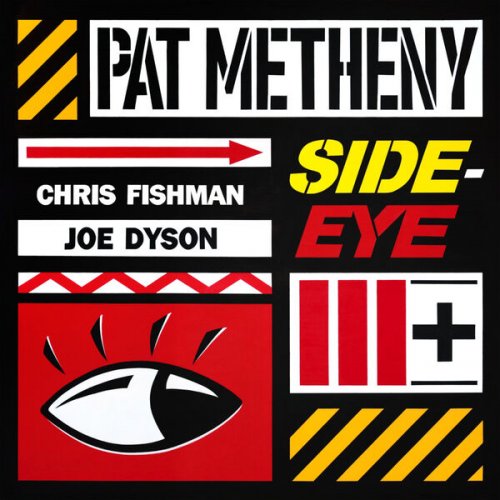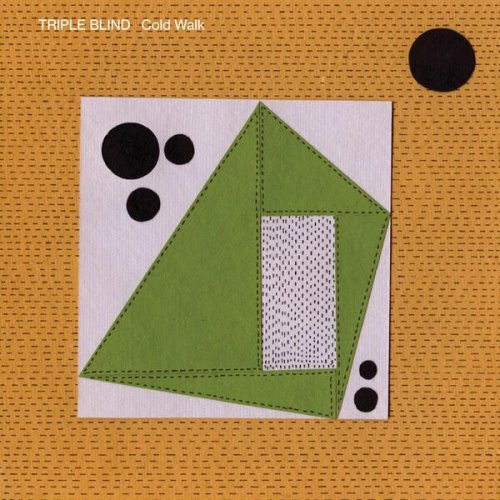Nellie McKay - Normal as Blueberry Pie: A Tribute to Doris Day (2009)
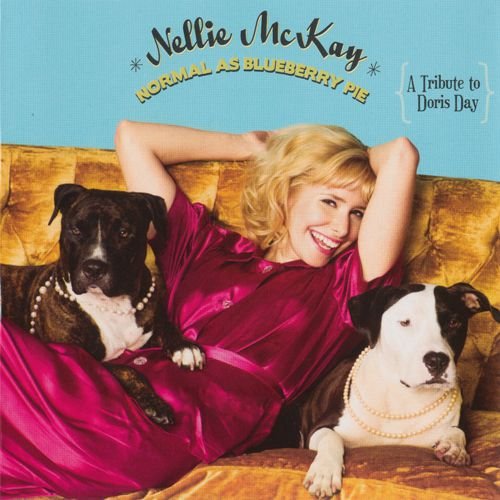
Artist: Nellie McKay
Title: Normal as Blueberry Pie: A Tribute to Doris Day
Year Of Release: 2009
Label: Verve
Genre: Vocal Jazz
Quality: FLAC (tracks+.cue,log)
Total Time: 43:53
Total Size: 244 Mb
WebSite: Album Preview
Tracklist: Title: Normal as Blueberry Pie: A Tribute to Doris Day
Year Of Release: 2009
Label: Verve
Genre: Vocal Jazz
Quality: FLAC (tracks+.cue,log)
Total Time: 43:53
Total Size: 244 Mb
WebSite: Album Preview
01. The Very Thought of You (2:10)
02. Do Do Do (3:14)
03. Wonderful Guy (3:11)
04. Meditation (4:01)
05. Mean to Me (2:42)
06. Crazy Rhythm (2:55)
07. Sentimental Journey (2:47)
08. If I Ever Had a Dream (3:48)
09. Black Hills of Dakota (4:02)
10. Dig It (2:53)
11. Send Me No Flowers (3:22)
12. Close Your Eyes (4:23)
13. I Remember You (4:25)
If vocal fans were forced to predict the honoree for a Nellie McKay tribute album, most would have gone far down the list before eventually happening upon the winner, Doris Day. (Granted, McKay had penned her praise of Day two years earlier in an article for the New York Times Review of Books.) But even though her lyrics and attitude are another story (or another era), McKay has a pure but nuanced voice that was always a good match for Day's, and her concern for animal rights is even closer (just check the liner notes for evidence). It's clear to see also that she truly honors her subject; she arranged and selected nearly all of the songs on the album, and even plays all the instruments on the opener, "The Very Thought of You" (that would be vocals, piano, organ, and bells). The selection choices shy away from Day's hits; only "Sentimental Journey" appears from a list of Doris Day's biggest, while "Secret Love," "Day by Day," "Come to Baby, Do," and "Que Sera, Sera (Whatever Will Be, Will Be)" are left behind. Many of the songs play up Doris Day the coquette, with "Do Do Do" and "Mean to Me" coming across just as sweet as the originals (actually, sweeter). The arrangements are strictly small-group, which is slightly surprising granted that the originals were either big-band swingers or highly orchestrated pop, but McKay shines here too, posing most of the charts halfway between cabaret and Broadway. Actually, when the professionals Bob Holderbaum and Bob Dorough reveal their orchestrations, the charts are a little too Broadway, a little too bland compared to McKay's -- although "Wonderful Guy" is rescued by the most subtle vocal of McKay's career and wonderful accompaniment from Charles Pillow (channeling John Coltrane) on tenor sax. Fans of her subject may doubt her sincerity when, on "Crazy Rhythm," she revels in a series of corny asides -- "Absolutely pip!" and "That's jazz!" -- while Cenovia Cummins takes a hot violin solo. So, the question becomes: Does she revere all the lyrics she sings, as must any artist born past 1950? Of course not, but neither did Day herself. The long tradition of stagecraft (as well as songcraft) honors the fact that a performer can inhabit any character she wishes. The success of the project obviously hinges on McKay herself, and she brings it off thanks to one of the most affecting voices in modern music, a bewitching way of humanizing her songs, and her ability to echo Day's sincerity and joi de vivre (even if it is a performance).

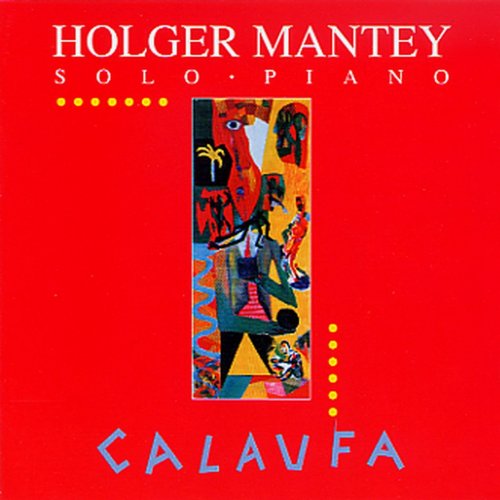

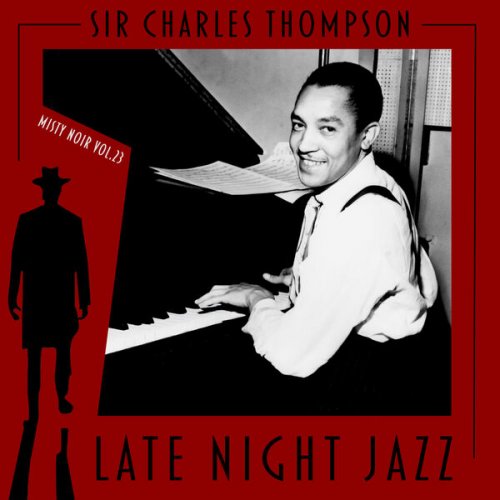
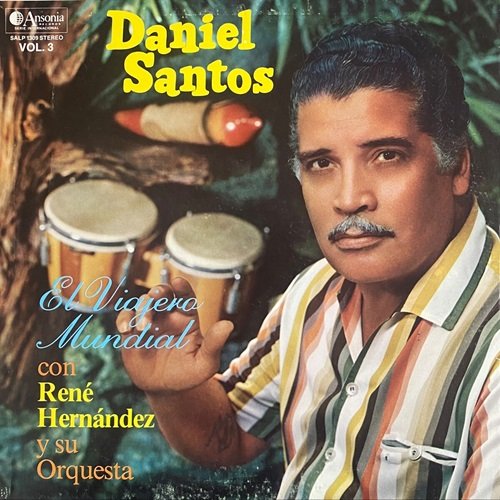
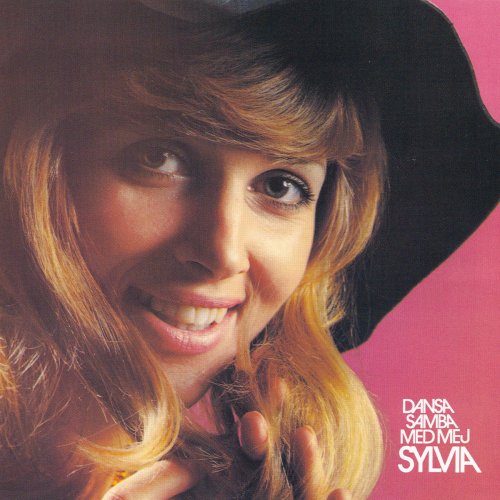
![Vince Guaraldi & Bola Sete - From All Sides (Remastered 2026) (1965) [Hi-Res] Vince Guaraldi & Bola Sete - From All Sides (Remastered 2026) (1965) [Hi-Res]](https://www.dibpic.com/uploads/posts/2026-02/1772124624_cover.jpg)
